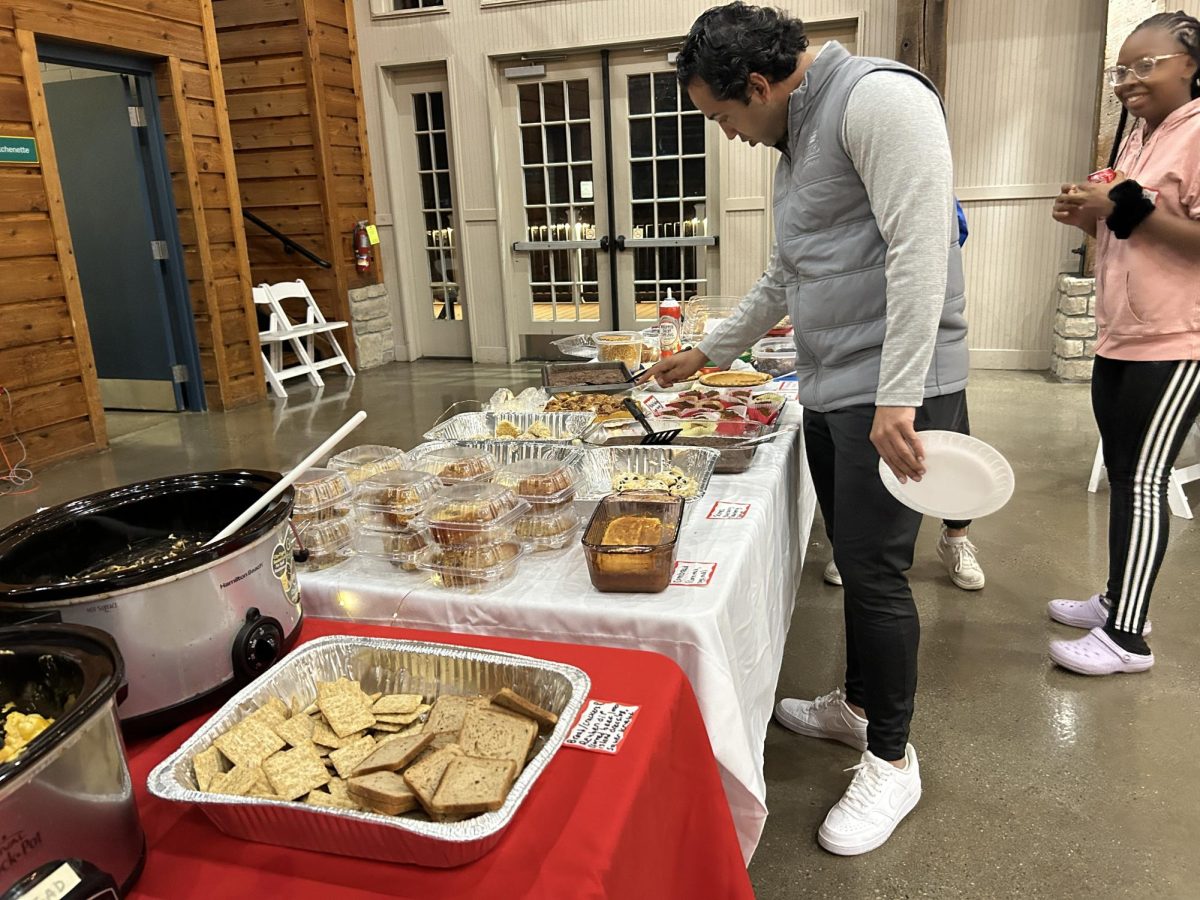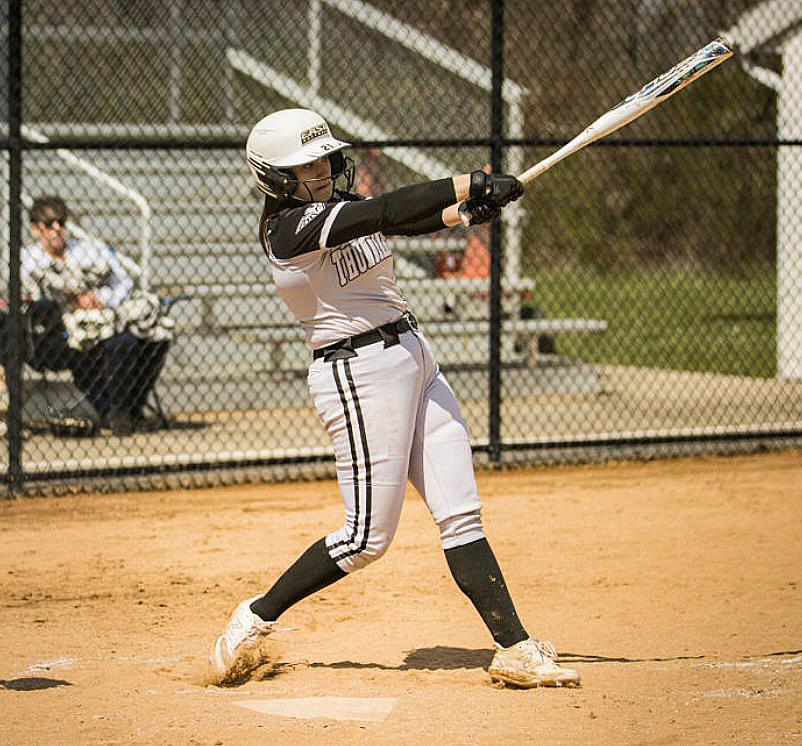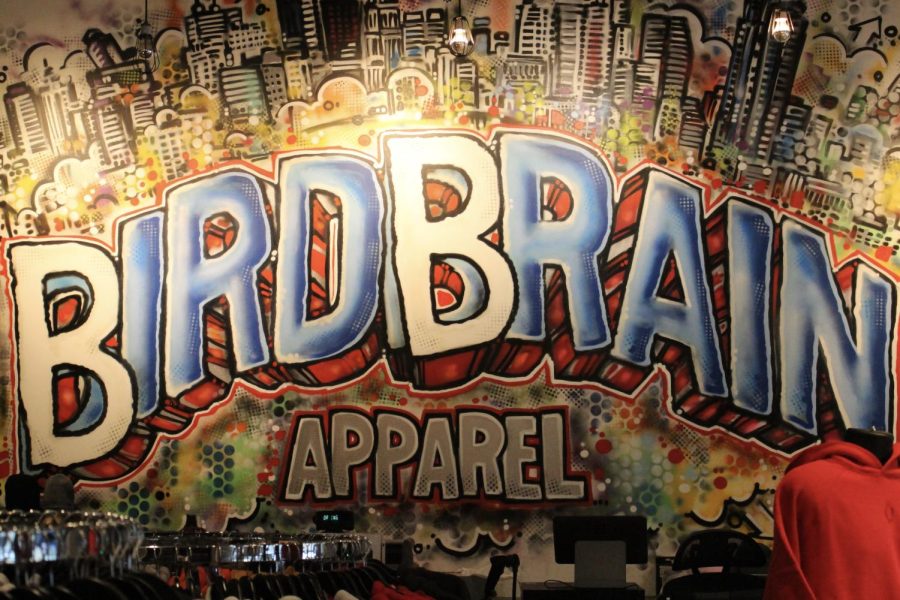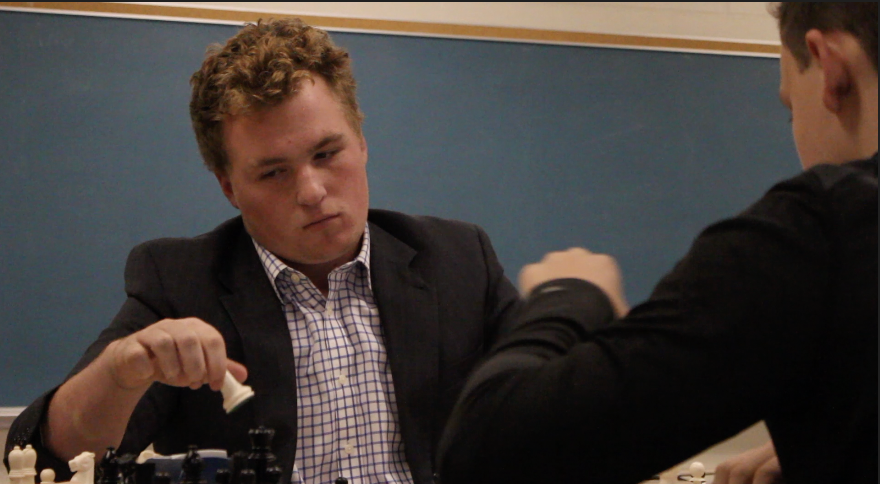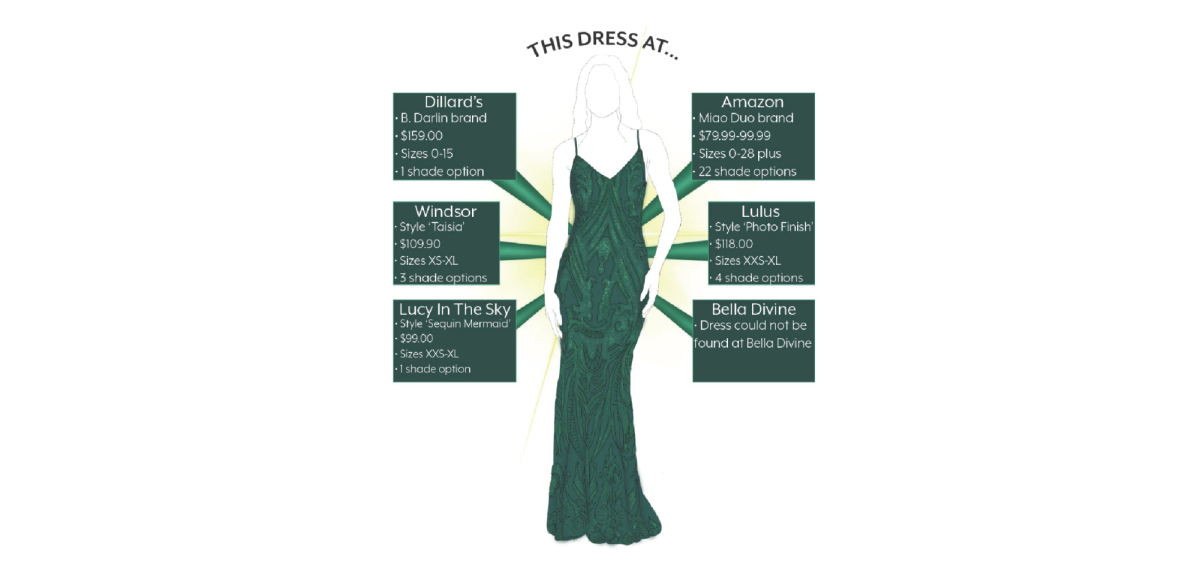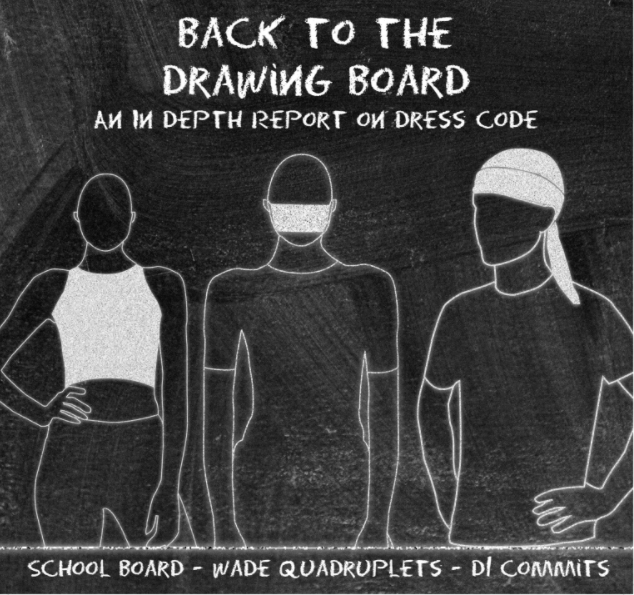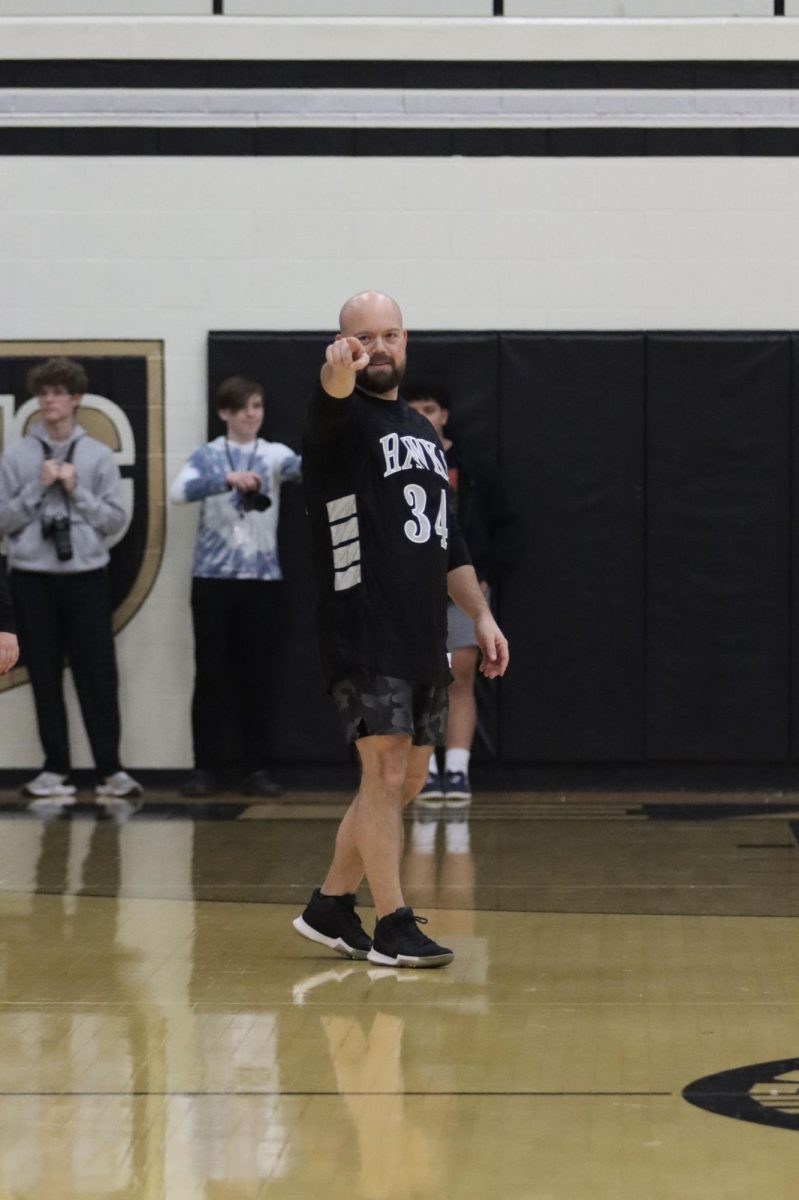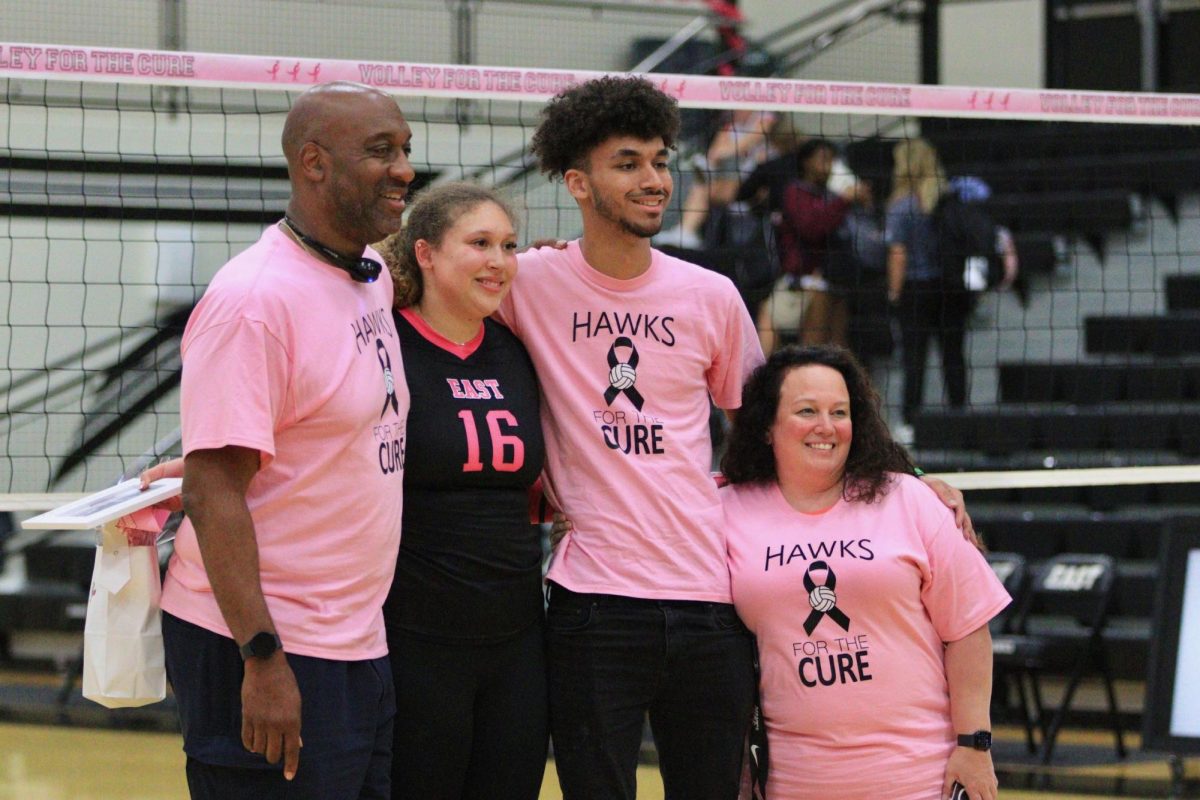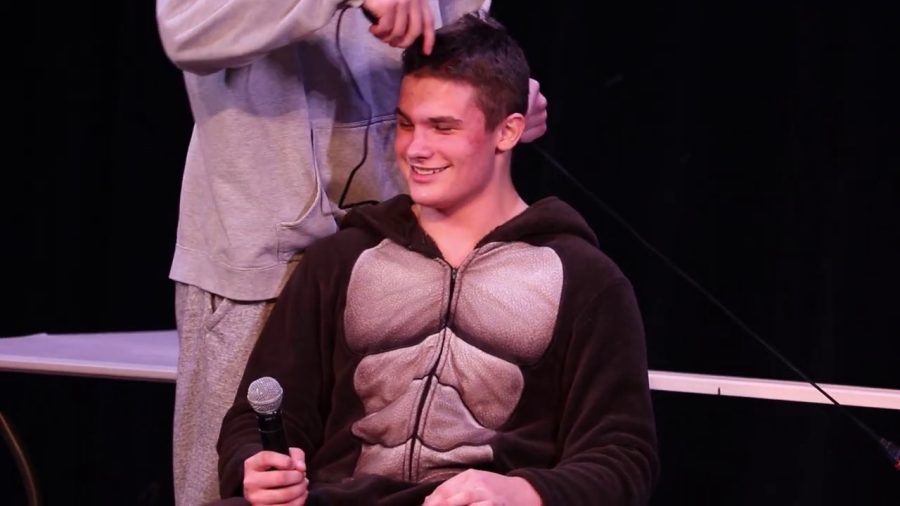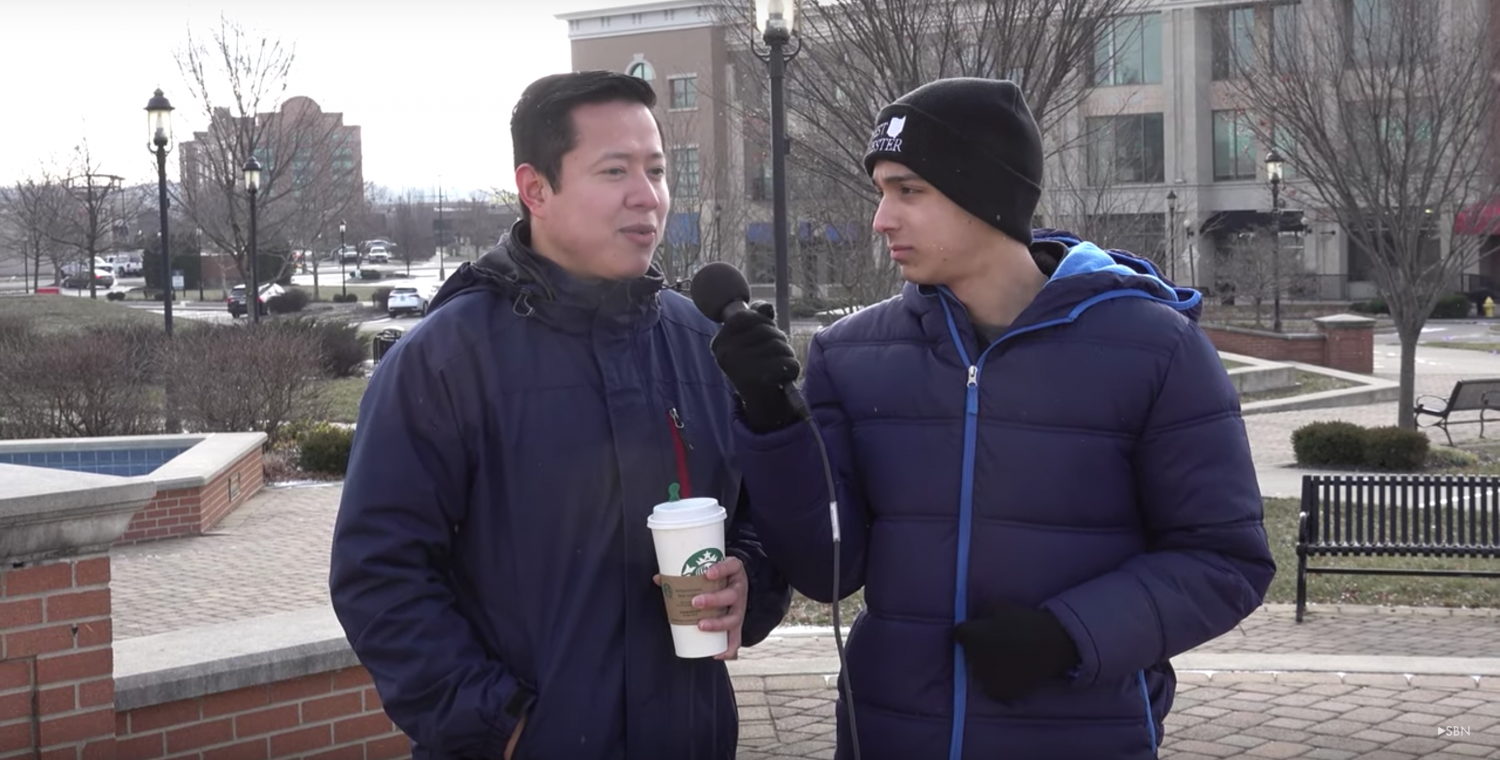column Piper Dorr | photo Riley Higgins
As a junior in high school, I am getting ready to embark into the world of applications that determines my fate for the next four years. I have watched upperclassmen through the years go through the same process of essay writing, getting recommendation letters, taking leadership positions in clubs, and going through all the motions to get into their dream schools. However, as I dip my toes into the pool, I am realizing that getting into college is not nearly as attainable as I once thought.
In 2020-2021, a vast majority of colleges made standardized tests optional and also delayed deadlines due to COVID-19. Some of the most prestigious colleges in the country saw an influx of applications, causing acceptance rates to drop even more. For example, according to Ingenius Prep, data shows that The University of Chicago’s acceptance rate went from 23.8% to 6% in 2020 after they implemented the test-optional policy. Obviously, the pandemic plays a role in changing data, but there has been an overall difference over the past 20 years of acceptance rates. A study done by Business Student shows that between 2006 and 2018, college acceptance rates in America’s top 50 colleges have dropped by 13.3%.
Colleges are searching for the so-called “unique applicant,” someone who is going to make them look good and be successful down the road. It is obvious that admission boards are getting too picky about what classifies as unique because it is getting increasingly more difficult to make it into schools.
Students are working around the clock starting their own clubs, getting a multitude of volunteer hours, and taking the ACT over and over to get that perfect score. But for colleges, that time put in does not mean as much as it should. Colleges are no longer looking for the student who will be successful, they are looking for the student who is already successful. Leading a club does not mean anything if 1,000 other applicants are also doing the same thing. The real breadwinners of the application process are the kids who have started their own nonprofits over in Africa or who own their own business that makes 50 sales a week.
To change the ever decreasing acceptance rate, colleges need to remember why they accept students in the first place: to play an important role in their success later on in life. A successful student is one who is able to keep a good balance in their life and not burn out. When colleges expect students to have all these extracurriculars, straight A’s, and solve world hunger, kids are obviously going to strain themselves beyond their limits. My suggestion is to take the standard, and put mental health into play. Make sure the ideal student is one who is able to stay on top of all their work, not just drown. Someone who does not let their admissions process take over their life. Us students want to get into college, and we are all overachievers. We will provide the success that is wanted. Just remember that there are only 24 hours in a day and we are still kids, our education should not and will not control our lives.
According to the National Alliance on Mental Illness, 50% of all lifetime mental illnesses begin by age 14. I speculate that there is correlation in the preparation for college and mental health issues. Mental health needs to be a bigger priority and students should be given credit for all that they are doing. If rates for suicide, depression, and more problems can be reduced in high school students, I think the first step would be to consider that in the admissions process. The bar is too high and stressful for a high school student. There comes a time where a breaking point should not be hit just to ensure stability in the future.



